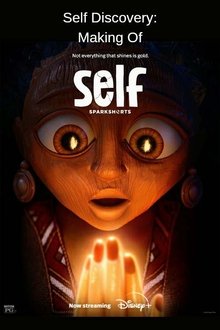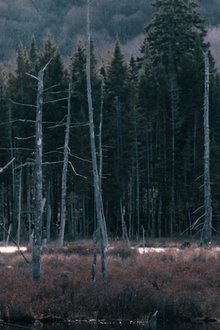After consolidating itself as a tourist destination in the mid-1960s, this small coastal village has become the dormitory town for the workers of a Nuclear Power Plant. With the liberal promise of prosperity and socioeconomic wellfare, many workers left their homes to move to the small city and started working at the new Nuclear Power Plant. The collective unrest and the silence, cut off by the great gusts of wind, articulate the landscape of the village that is now under the aid of the Nuclear Power Plant.
Related Movies

Dead People (1983)
Filmed in 1974 and edited and released in 1983 (and then rereleased by its director in 2005), DEAD PEOPLE purports to document the final years of Frank Butler, a local fixture in the depressed burg of Ellicot City with a particular fondness for drink and tales of the dead. Over hazy 16mm footage two decades later, Deutsch adopted a painfully unsentimental view of his early approach, colored as it was by notions of ethnographic film and an undercurrent of fetishism for a man he considered somehow more "alive" than himself. While it chafes against notions of authenticity in documentary and incisively hints at the complicity of the subject in inventing his own history, DEAD PEOPLE simultaneously oozes nostalgia, transcending its own judgment as a gauzy memorial for the man Deutsch once called a friend.

The Udi people (1993)
The film is dedicated to the ethnogenesis of a small people, preserving their traditions and language, the Udi people
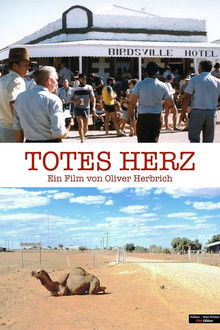
Dead Heart (1986)
The Australians call the endless deserts in the interior of the continent the "dead heart". Here lies the town of Birdsville, 23 houses and a bar with a liquor license. The long-awaited telephone connection arrived in 1979, 90 years after it had been applied for. For one weekend, this place at the end of the world turns into a cauldron when 5,000 Australians, tired of civilization, invade for the annual horse race, the "Birdsville Cup". They come in buses, off-road vehicles, motorcycles and sports planes and have become a veritable plague. Because here, everyone can do what they've always wanted to do: for example, get drunk until they drop and never get up again. The collective mass drinking reaches its peak on Saturday night. By Monday morning, the fun is over. What remains is a village with 23 houses, a bar and a street littered with 80,000 empty beer cans.
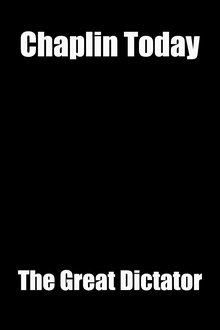
Chaplin Today: The Great Dictator (2003)
A short documentary about the making of "The Great Dictator."

Three Parts of Life (NaN)
Samirah, a grandmother who lived three parts of her life, starting with her daughter who married and then converted, the death of her husband and ending with loneliness.
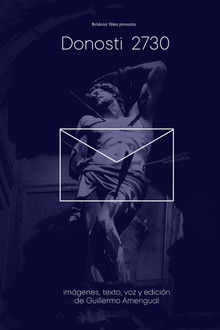
Donosti 2730 (2024)
A youngster writes a letter to his grandmother about his last trip to Donosti (Spain). This city inspires him to ponder about the language of cinema, time, cities, and sharing memories with our loved ones.
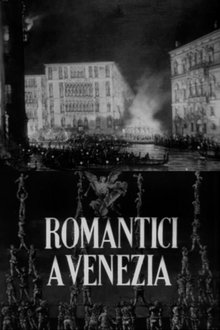
Romantici a Venezia (1948)
This is a documentary film on the romantic and decadent atmosphere of Venice at the end of the 18th century. A vigorous comment by Jean Cocteau tells us of the sick souls and the sorrows of literary characters and musicians who lived the dream of this city. It is the Venice of Lord Byron, Alfred de Musset, George Sand, d'Annunzio; a Venice made of precious images, palaces reflected in the water, mysterious moonlights, little squares where unhappy lovers wander under the music of Richard Wagner.

Das Abendmahl (1988)
The celebration of communion in Christian ceremonies is one of the oldest elements of church tradition. The film shows how young people prepare and celebrate communion together during a leisure activity.
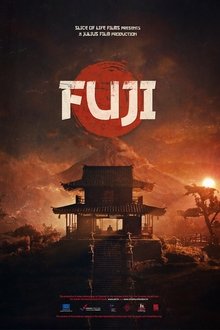
Fuji (2021)
A short documentary about the former judoka Marina and her Judo Club for People with Disabilities - "Fuji". Its brave members cope with all things Judo and real-life challenges, but always with a smile and the heart of a true judoka.

The Mine (1947)
A film dedicated to miners, showing the hardship and risk of working in a mine. Devoid of verbal commentary, it draws its impact from the form: suggestive cinematography close to the pre-war avant-garde, dynamic editing closely linked to music. Brzozowska was accused of formalism at the 1949 Congress of Filmmakers in Wisła, where socialist realism was proclaimed.
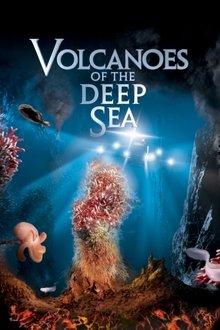
Volcanoes of the Deep Sea (2003)
12,000 feet down, life is erupting. Alvin, a deep-sea mechanized probe, makes a voyage some 12,000 feet underwater to explore the Azores, a constantly-erupting volcanic rift between Europe and North America.

The Disappearance of Shere Hite (2023)
Shere Hite’s 1976 bestselling book, The Hite Report, liberated the female orgasm by revealing the most private experiences of thousands of anonymous survey respondents. Her findings rocked the American establishment and presaged current conversations about gender, sexuality, and bodily autonomy. So how did Shere Hite disappear?
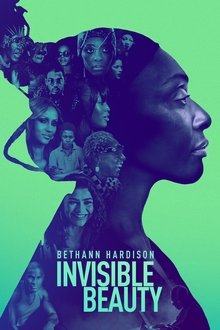
Invisible Beauty (2023)
Fashion revolutionary Bethann Hardison looks back on her journey as a pioneering Black model, modeling agent, and activist, shining a light on an untold chapter in the fight for racial diversity.
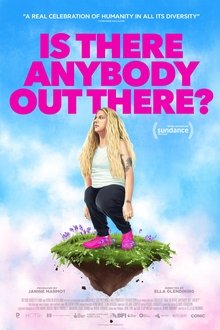
Is There Anybody Out There? (2023)
While navigating daily discrimination, a filmmaker who inhabits and loves her unusual body searches the world for another person like her, and explores what it takes to love oneself fiercely despite the pervasiveness of ableism.

Heckler (2007)
HECKLER is a comedic feature documentary exploring the increasingly critical world we live in. After starring in a film that was critically bashed, Jamie Kennedy takes on hecklers and critics and ask some interesting questions of people such as George Lucas, Bill Maher, Mike Ditka, Rob Zombie, Howie Mandel and many more. This fast moving, hilarious documentary pulls no punches as you see an uncensored look at just how nasty and mean the fight is between those in the spotlight and those in the dark.
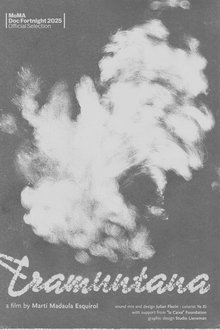
Tramuntana (2025)
In a remote area of northern Spain, the wind has a name: Tramuntana. Tramuntana takes what it wants—clothes, trees, boats, and the people of the landscape who live with the endless threat of being carried away by its force. This film is a lyrical portrait of this furious wind, woven from the stories passed down by local villagers.
